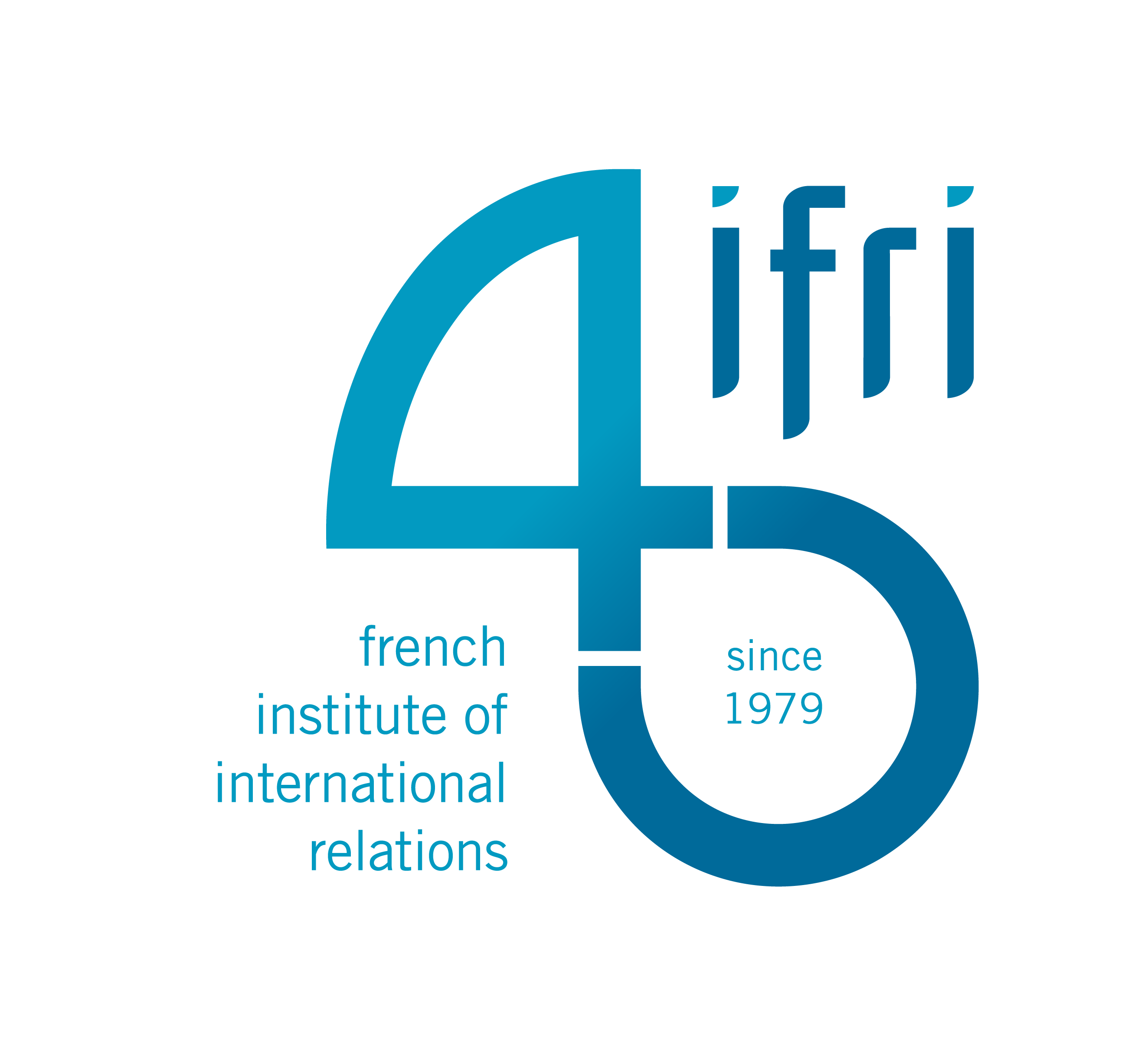Export restrictions, economic and financial sanctions, politicization of monetary and financial choices, screening of inward and outward foreign direct investments, exceptional customs duties, and state interventions in sectors deemed strategic: the political vise is tightening around international economic and financial relations.
This shift is the result of economic transformations as well as political and ideological ambitions. Economic and financial interdependencies remain very close, but they are increasingly constrained by power rivalries.
“Geoeconomics” remains, to the extent that economic logic still entails both mutually beneficial exchanges and often conflicting state interests. But it is becoming more complex, moving towards a logic that can be described as “geofinance”: the simultaneous politicization of financial and information flows shows that the objectives, tools, and support points of these interactions are profoundly transformed.
The increasing weaponization of interdependencies illustrates these trends: political rivalry motivates it, the challenge of climate change redefines the stakes, the intensity of interdependencies increases the potential consequences, growing complexity creates favorable backgrounds, the dematerialization of productive capital fuels non-cooperative state strategies and often makes interdependencies inextricable.
This upheaval gives a new security dimension to international economic policies. Economic security is becoming omnipresent in international relations, but the approaches and consequences of this common concern differ widely.
About the Authors
Thomas Gomart, Director of Ifri.
Sébastien Jean is professor of economics at Conservatoire National des Arts et Métiers (Paris), where he holds the chair Jean-Baptiste Say d’économie industrielle. He is also Associate Director with Ifri, where he is in charge of the “Geoeconomics and Geofinance” initiative.


